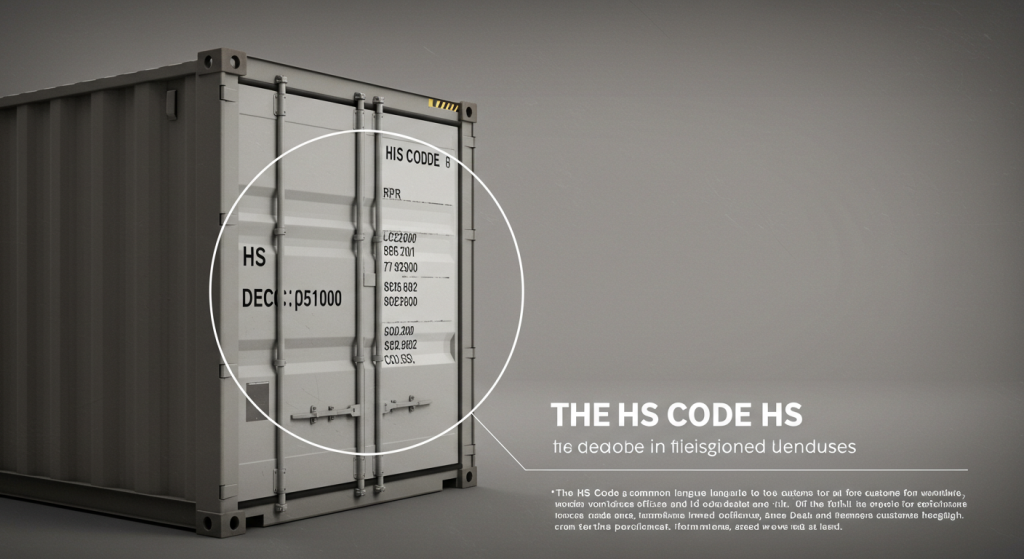Introduction
In international trade, one of the most crucial tools for identifying and classifying goods is the HS Code. These codes, regulated by the World Customs Organization (WCO), play a vital role in facilitating trade and ensuring goods are correctly identified for smooth customs clearance. Proper use of these codes is essential for faster customs clearance and accurate tariff calculation.
What is an HS Code?

An HS Code (Harmonized System Code) is a global system used to identify products based on their characteristics. These codes are structured into six digits, with each code representing a specific type of product. For instance, code “1006” is used for rice, and code “8703” is assigned to cars.
The primary application of these codes is in customs systems, which help identify goods swiftly for clearance. 🔍
Why is the HS Code Important?
Using the HS Code correctly ensures:
- Accurate tariff and tax calculations.
- Faster customs clearance with fewer delays.
- Minimization of mistakes in product classification and additional costs. 🚫
- Better enforcement of health and safety regulations.
These are just some of the significant advantages of using the HS Code correctly.
The Role of the HS Code in Customs Clearance
During the customs clearance process, the HS Code enables customs authorities to accurately identify goods and, if needed, verify certificates, licenses, and other documentation. This ensures goods are cleared from customs and reach their destination country promptly. 🕒
Potential Issues from Incorrect Use of the HS Code
Incorrect use of the HS Code can lead to significant problems:
- Higher tariffs and unexpected costs.
- Delays in clearance and issues with the supply chain.
- Return of goods to the origin country if the codes do not comply with customs regulations. ⚠️
Thus, it is critical to select and use the correct HS Code for each product.
How the HS Code Contributes to the Development of International Trade
HS Codes are crucial not only in customs but across various areas of international trade. These codes help traders, exporters, and importers carry out transactions more accurately and avoid issues related to tariffs and licensing. 🌏
Conclusion
In conclusion, using the correct HS Code during customs clearance not only speeds up the import and export process but also helps avoid unnecessary costs and ensures success in international trade. Therefore, it is essential to always be diligent in selecting and using these codes properly.











